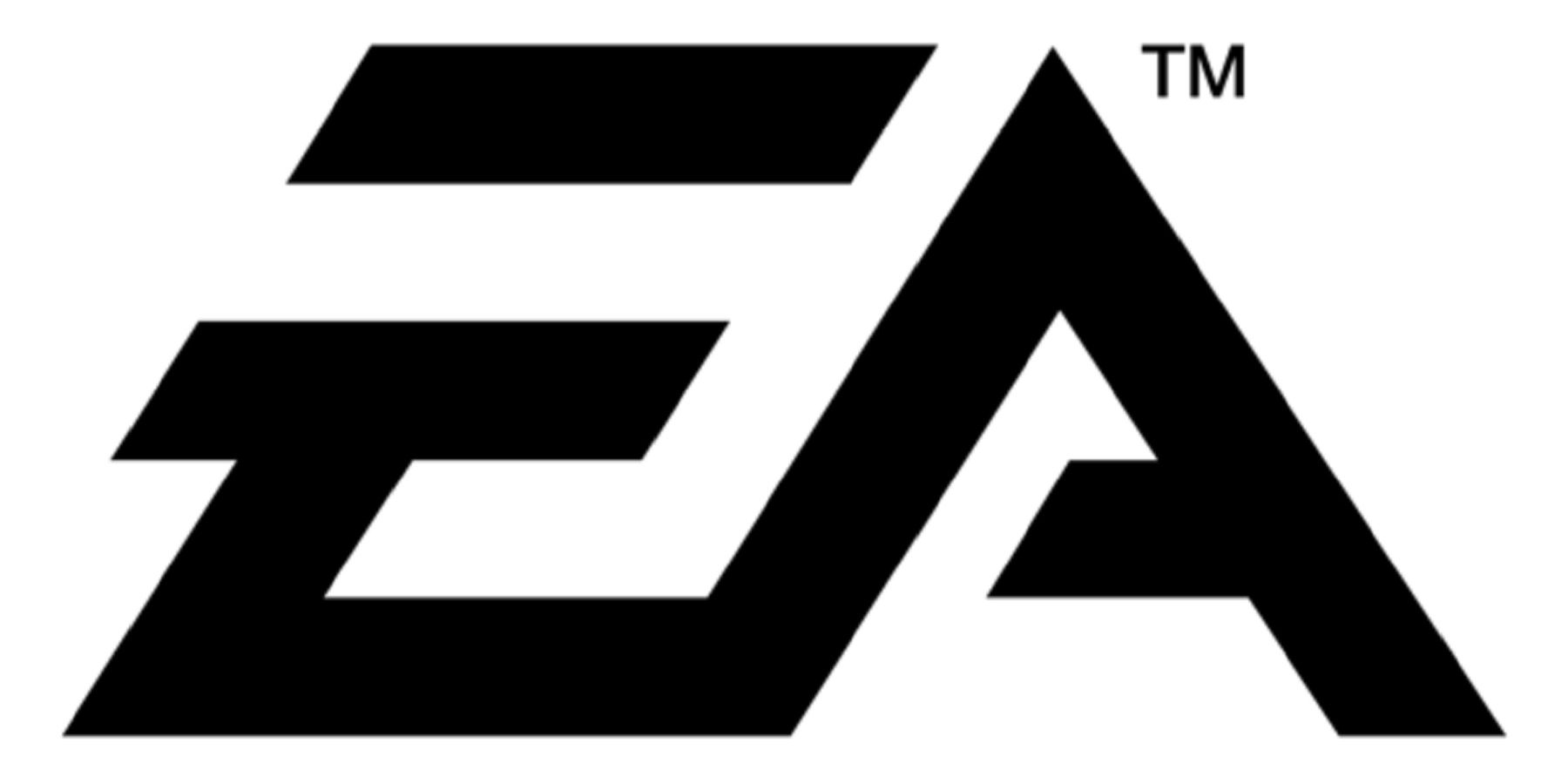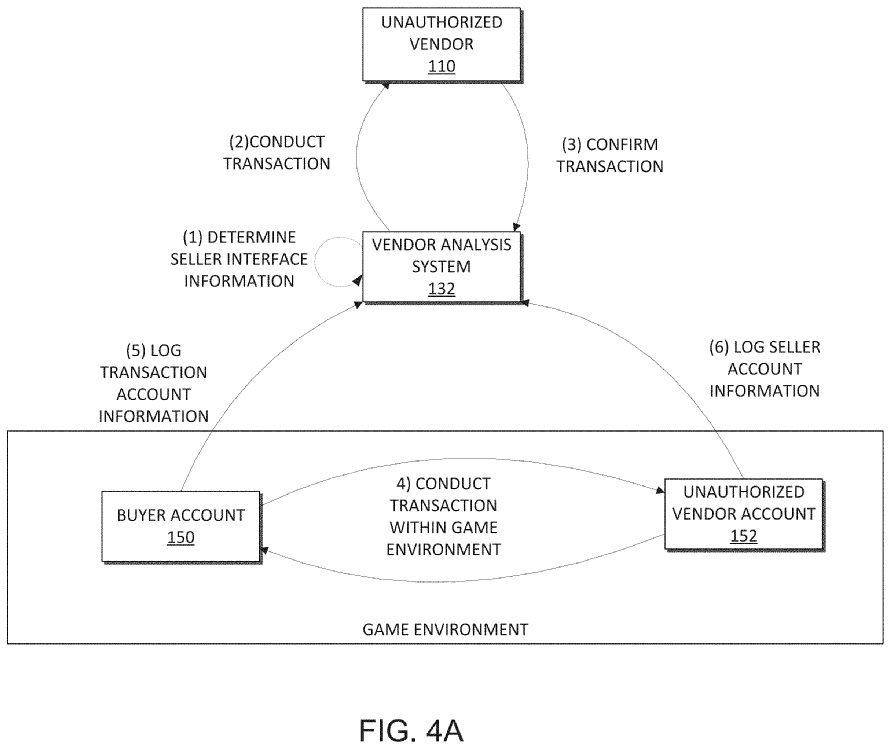Cheating in video games is a difficult concept to define, as most games are built around providing the player with a challenge or an obstacle to overcome, along with the means through which to overcome it. But underneath their presentation, games are simply programs, and there is no way for a program to understand the intentions of game design, or the way it is meant to be played, therefore if players can find an unintended way around the game’s challenges, the game has no choice but to accept it.
Video game cheating can be broken down into varying degrees of acceptability among gamers and developers. Using glitches and exploits in single player games is mostly deemed acceptable, although many players would argue that it diminishes the intended experience with the game, such as with “cheesing” the more difficult bosses in Elden Ring. Cheating in multiplayer games, however, is widely regarded with disdain, and this is where big publishers like EA will try to crack down most on players giving themselves an unfair advantage.
As online cheaters aren't just affecting their own experience with the game, but the experience of everyone they play with, the practice is widely regarded as unfair. However, this hasn’t stopped online cheating from becoming an extremely profitable business platform for some, as they can sell modified or higher-level items to would-be cheating players. This is a practice EA is trying to tackle with a new patent for a fraud detection system, which is meant to catch the parasitic accounts attempting to sell illegitimate in-game items to other online players.
Most games already have systems in place for catching players using items or in-game currency they shouldn’t have, although these systems aren't always reliable, and games like GTA Online have targeted innocent online players. But EA’s patent builds upon these systems by tracking how the player received the illegal in-game item in the first place. The hope for this patent seems to be stomping out the players who produce and sell these unfair advantages in online games.
An important aspect of the patent to note, is EA’s specificity when regarding the tackling of “unauthorized vendors” rather than the in-game items they sell. EA as a publisher is notorious for pushing microtransactions within its games, which came to a head after the huge player backlash that followed the release of Star Wars Battlefront 2. But EA’s latest fraud detection patent does seem more focused on removing the possible competition of unauthorized players selling in-game items, rather than concerns over these in-game items providing an unfair advantage in online games.
Many of EA’s games like FIFA 21 continue to push microtransactions, much to the disdain of many players who believe that online competitive multiplayer should be fair so that only players that dedicate themselves to playing the game will gain an advantage, rather than paying either a parasitic account, or the developer themselves, for the upper hand.


